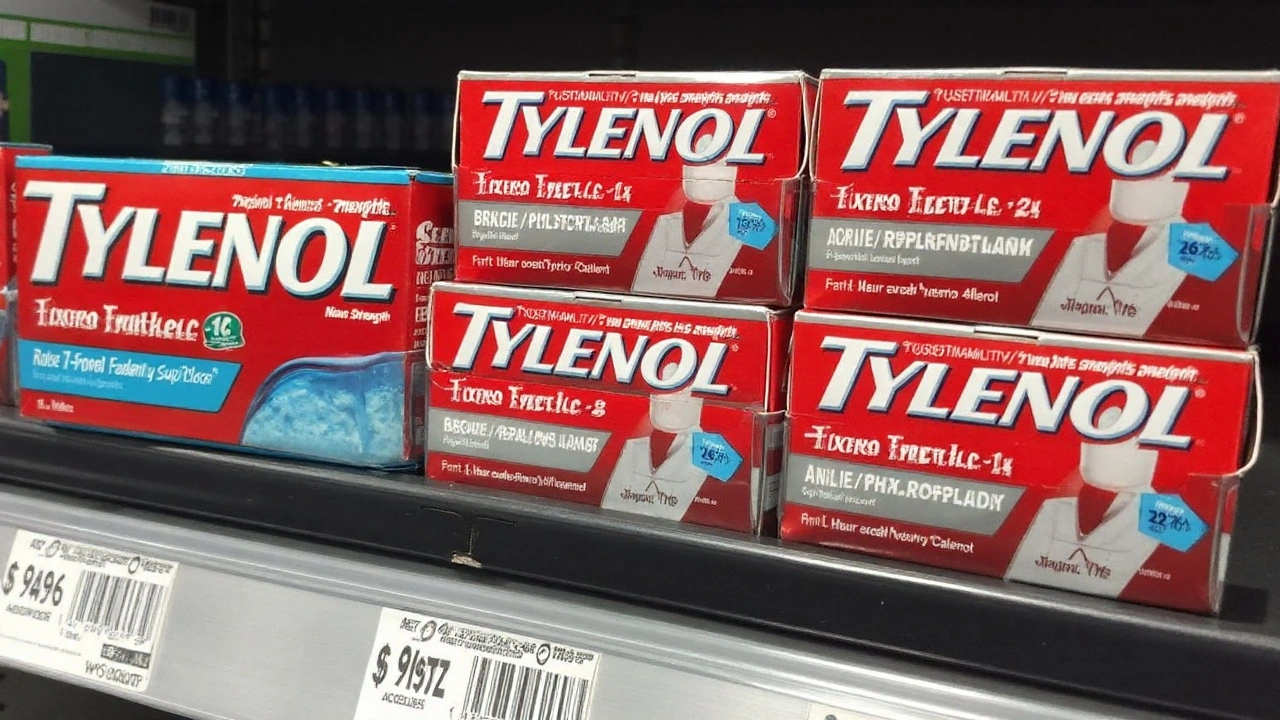Autism News and Resources – What’s Happening Across Africa
If you or someone you know is on the autism spectrum, you know how fast information can change. New research, policy shifts, and community projects pop up every month, and keeping track feels like a full‑time job. This page pulls together the most useful updates so you can stay in the loop without sifting through endless feeds.
We focus on stories that matter to African families, schools, and health workers. From breakthroughs in early diagnosis to local advocacy events, you’ll find practical tips and real‑world examples that you can apply right away.
Recent developments in autism research
Scientists in South Africa recently published a study showing that low‑cost screening tools can detect autism signs in toddlers as early as 18 months. The test uses simple visual cues and a short questionnaire, making it easy for community health workers to use in rural clinics. Early detection means earlier support, which research repeatedly links to better long‑term outcomes.
In Kenya, a university‑led project is testing a mobile app that helps parents track behavior patterns and share data with therapists securely. Early pilots report that families feel more involved in therapy plans and that clinicians can adjust interventions faster.
Another highlight comes from Nigeria, where a collaboration between NGOs and the Ministry of Health launched a training program for teachers. The program teaches classroom strategies that reduce sensory overload and promote inclusive learning. Schools that have adopted the program report higher attendance rates among autistic students.
Practical resources for families and educators
Finding the right support can be overwhelming, but a few go‑to resources can make a big difference. The African Autism Alliance offers a free online directory of certified therapists, support groups, and special‑education schools in each country. Their website also hosts webinars on topics like nutrition, sleep, and social skills.
For parents who want hands‑on tools, the "Sensory Toolkit" kit from a Ghanaian startup includes weighted blankets, noise‑reducing headphones, and simple visual schedules. All items are affordable and designed for local climates.
Educators looking for lesson ideas can check out the open‑source curriculum on the UNESCO Inclusive Education portal. It includes lesson plans that incorporate visual supports and peer‑mediated activities, which have shown success in diverse classroom settings.
Finally, don’t underestimate the power of community. Local autism support groups often meet in community centers or churches and provide a safe place to share experiences. Joining a group can give you emotional backup and practical advice that you won’t find in any article.
Staying updated doesn’t have to be a chore. Bookmark this page, check back regularly, and share the most helpful tips with others in your network. Together we can build a stronger, more informed autism community across Africa.

